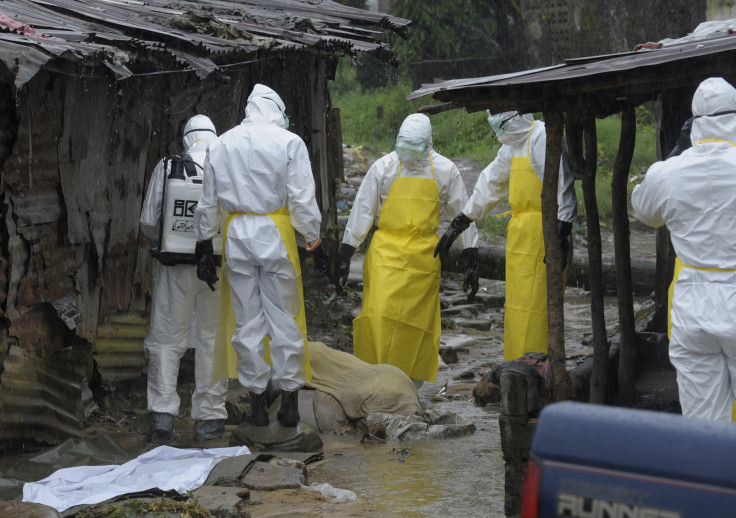8 Ebola Volunteers Sent To Educate Guineans On Virus Protection Found Murdered By Frightened Villagers

Ebola has claimed 2,630 lives and, with one-third of all deaths occurring in the past three weeks alone, the outbreak seems to be accelerating rather than slowing down. President Barack Obama recently announced a pledge to send up to 3,000 troops to West Africa, but some are confused as to why soldiers rather than surgeons are being sent to fight off a virus. As hysteria spreads, it’s become apparent that fear of Ebola is as dangerous as the actual virus. In one of the most shocking examples of fear-driven violence, reports have comes in that a Guinean village has massacred a health team of eight Ebola volunteers.
The health team was made up of a combination of two health care workers, three journalists, and a preacher. They had come to the tiny village of Wome (Womey), near the city of Nzerekore in Guinea, with the intention of educating residents on ways to prevent the spread of Ebola, Reuters reported. From the very beginning, the team faced hostility from the villagers, who like many in affected areas were wary of the government and continued to deny the very existence of the virus.
Upon arrival, the team was pelted with stones. The group broke up, running into the foliage for protection. One journalist managed to escape and told the BBC that she could hear the villagers still looking for her while she hid. A government delegation group was sent out to find the team but was unable to enter the village after finding the bridge providing access to the region blockaded.
Days later, government spokesman Albert Damantang Camara announced that the medical team had indeed been “killed in cold blood by the villagers.” Eight bodies had been found in a septic tank with signs of being attacked with machetes and clubs. “Three of them had their throats slit,” Damantang Camara told Reuters. Although the precise motive for the killings has not yet been confirmed, BBC reported that six people have been arrested for the murder and the village is now completely deserted.
In a televised message from an earlier recording, Guinea’s Prime Minister Mohamed Saïd Fofana announced that not every missing group member had yet been accounted for. Fofana went on to express his regret that such an incident had occurred as a global effort was being made to help Guinea and other affected countries contain the Ebola outbreak.
Hopefully, this heinous crime committed by a small group will not deter the world from providing aid for the remaining millions still in danger of contracting the life-threatening virus. In addition to providing security, the 3,000 U.S. troops will also: help build more treatment facilities, train up to 500 care workers to deal with the crisis, increase the number of doctors sent to the region, and provide hundreds of thousands of “Ebola home health and treatment kits” to the people of Liberia.



























